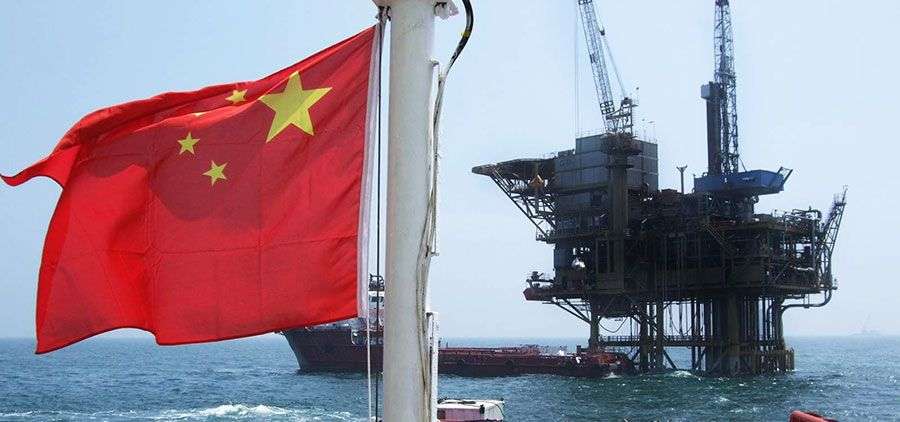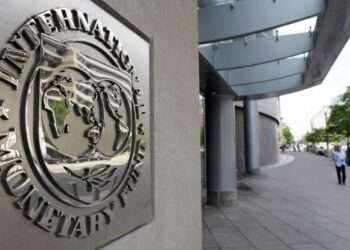China has announced that European medical device companies will be barred from selling to the Chinese government as a countermeasure for the European Union’s restrictions on the sale of similar products from China.
European companies will be excluded if the budget for procurement is above 45 million yuan ($6.28 million), according to a notice from the Finance Ministry on Sunday with the restrictions in place the same day.
The move will not apply to European companies that have invested in China and that manufacture goods in the country.
China on Friday imposed anti-dumping duties on European brandy, most notably cognac produced in France.
While the duties on brandy include several exceptions for major brandy producers, China and the EU have multiple trade disputes across a range of industries. China protested after many European countries levied duties on EVs made in China.
Since then, China has also launched investigations into European pork and dairy products.
In June, the EU announced that Chinese companies were to be excluded from any government purchases of more than 5 million euros ($5.89 million).
The measure seeks to incentivise China to cease its discrimination against EU firms, the EU said, accusing China of erecting “significant and recurring legal and administrative barriers to its procurement market.”
In response, China has said it had “no choice but to implement countermeasures.”
A statement from a spokesman with the Ministry of Commerce, noted that China has repeatedly expressed through bilateral dialogues that it is willing to properly handle differences with the EU through dialogue and consultation and bilateral government procurement arrangements.
“Unfortunately, the EU has ignored China’s goodwill and sincerity and still insisted on taking restrictive measures and building new protectionist barriers.”
Spokesman with the Ministry of Commerce
US Tariffs On EU Goods Threaten To Shake Trade Relationship
Meanwhile, the European Union expects to find out this week whether President Donald Trump will impose punishing tariffs on America’s largest trade partner in a move economists have warned would have repercussions for companies and consumers on both sides of the Atlantic.
Trump imposed a 20% import tax on all EU-made products in early April as part of a set of tariffs targeting countries with which the United States has a trade imbalance.
Hours after the nation-specific duties took effect, he put them on hold until July 9 at a standard rate of 10% to quiet financial markets and allow time for negotiations.
Expressing displeasure at the EU’s stance in trade talks, however, Trump said that he would increase the tariff rate for European exports to 50%, which could make everything — from French cheese and Italian leather goods to German electronics and Spanish pharmaceuticals — much more expensive in the US.
The EU’s Executive Commission describes the trade between the US and the EU as “the most important commercial relationship in the world.”
According to EU statistics agency Eurostat, the value of EU-US trade in goods and services amounted to 1.7 trillion euros ($2 trillion) in 2024, or an average of 4.6 billion euros a day.
The biggest US export to Europe is crude oil, followed by pharmaceuticals, aircraft, automobiles, and medical and diagnostic equipment.
Europe’s biggest exports to the U.S. are pharmaceuticals, cars, aircraft, chemicals, medical instruments, and wine and spirits.
The EU’s Executive Commission, which handles trade issues for the bloc’s 27-member nations, said that its leaders hope to strike a deal with the Trump administration.
Without one, the EU said it was prepared to retaliate with tariffs on hundreds of American products, ranging from beef and auto parts to beer and Boeing airplanes.
Economists and companies say higher tariffs will mean higher prices for US consumers on imported goods. Importers must decide how much of the extra tax costs to absorb through lower profits and how much to pass on to customers.
READ ALSO: Armed Robber Jailed 19 Years In Ho



















